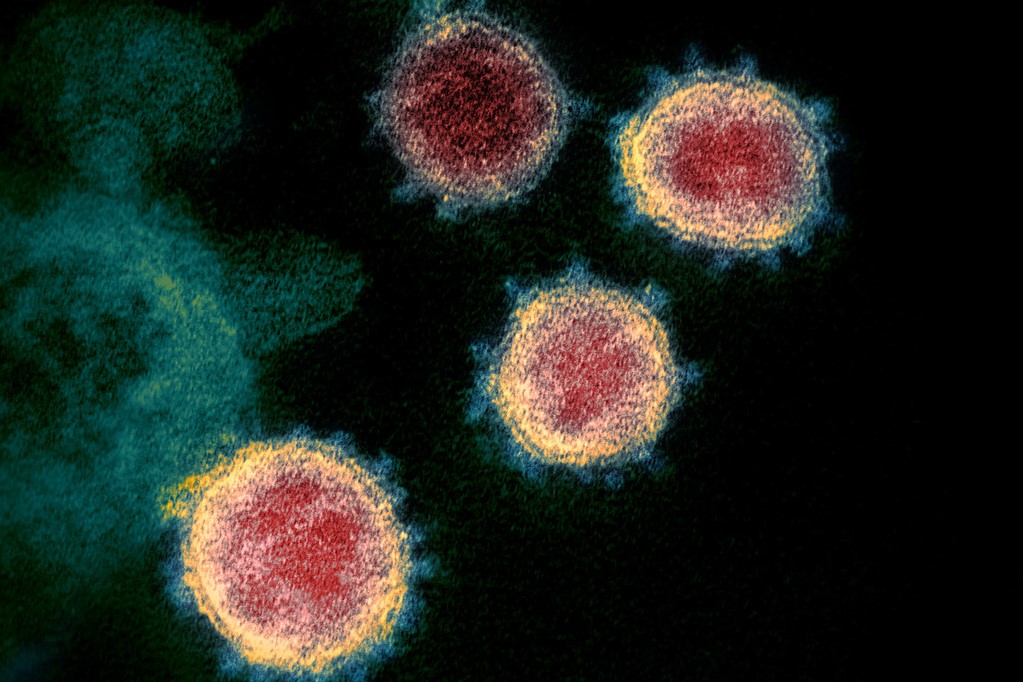The Doctor Ricardo Jorge National Health Institute (INSA) found 150 mutations of the new coronavirus from Wuhan, China, to Portugal, after having started to sequence the genome, announced today the institution's president.
By the end of the week, the INSA plans to sequence 450 samples of the new coronavirus in Portugal, and, so far, "150 mutations of the coronavirus have been found", said the president of the Ricardo Jorge Institute, Fernando Almeida, during the conference. daily press update information on the pandemic in Portugal.
“From Wuhan [in China] to Portugal, the genome has already been altered 150 times,” added the official.
The nationwide study is being led by INSA, with the participation of the Gulbenkian Science Institute and the Health Research and Innovation Institute.
According to Fernando Almeida, the sequencing of the SARS-CoV-2 genome makes it possible to identify “the fingerprint of this coronavirus” and to see if the virus that came out of Wuhan “is the same or if it has other lines or not”.
"This genome also makes it possible to identify clearly and unequivocally, in a given patient who was infected with coronavirus, the entire transmission line and where that transmission line came from", stressed the official, stressing that this tool "is very important" in relation to phase of deconfinement in which the country has entered.
With this work, researchers will also be able to understand if "there are more severe and more aggressive strains" and which could constitute a reason for greater attention in the treatment, he explained.
“It is time to go in search of what the coronavirus can give us in terms of an answer”, stressed Fernando Almeida.
During the press conference, the Secretary of State for Health, António Lacerda Sales, explained that this study, funded by the Foundation for Science and Technology (FCT), intends to sequence a thousand coronavirus genomes.
Genome sequencing will make it possible to “identify transmission chains, the scale and chronology of transmission, the entry points in Portugal” and, with this information, “evaluate the impact of containment measures” and “guide the measures to be implemented in case of a new outbreak”, he referred.



















Comments